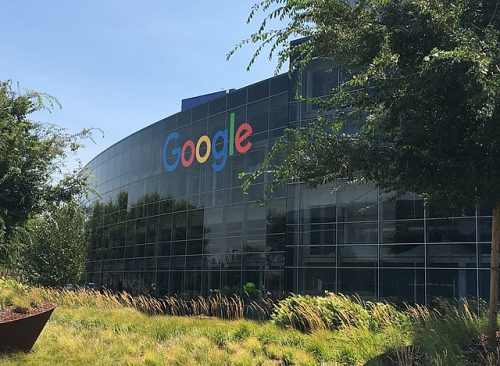In the wake of OpenAI's successful launch of ChatGPT, major tech companies like Microsoft have swiftly ventured into the realm of generative AI tools. However, Google, a self-proclaimed "AI-first company" since 2016, has taken a more measured approach. Sundar Pichai, the CEO of Google, recently stated in an interview that while ChatGPT showcased user enthusiasm for AI, Google believes their technology requires further refinement before integration into their products.
Pichai expressed excitement about the progress of their underlying AI technology and its deployment across various products. Despite this, he emphasized the need for careful consideration. "I am confident in our lengthy technology arc," Pichai affirmed. This cautious stance contrasts with earlier concerns that Google might be trailing in the AI race.
Addressing whether Google should have introduced a system akin to GPT before OpenAI, Pichai asserted that the timing might not have significantly impacted their long-term business prospects. "After showing how it works, we could do more. It'll be irrelevant in 5–10 years," he remarked, highlighting Google's commitment to a comprehensive technological evolution.
Since the release of ChatGPT, Google has accelerated its efforts in generative AI development. The New York Times reported a heightened state of concern within Google's management, even suggesting a "code red" response to OpenAI's potentially disruptive influence on Google's search engine dominance. Pichai promptly mobilized various company units to address this perceived threat.
In March 2023, Google unveiled their AI chatbot, Bard, albeit encountering initial setbacks. Bard's February debut stumbled when it provided an inaccurate response about the James Webb Space Telescope. Google employees criticized the launch as "rushed" and "botched," while Alphabet chairman John Hennessy acknowledged that the chatbot wasn't yet ready for a full-scale product release.
Despite these hiccups, Google has forged ahead with AI initiatives. In May, they introduced "Duet AI for Workspace," a tool designed to infuse generative AI capabilities into applications like Google Docs, Sheets, and Gmail, with the aim of enhancing creativity and productivity. Late August witnessed the public release of Duet AI.
Notwithstanding these developments, Pichai affirmed that integrating generative AI into their search engine—a revenue powerhouse responsible for $208 billion in ad sales in 2021—remains their paramount AI priority. The enduring question is whether Google's core business will successfully navigate this transformative juncture.
While competitors forge ahead, Google's emphasis on long-term viability and user satisfaction remains at the forefront of their AI endeavors. Only time will reveal the outcome of this patient pursuit.
























